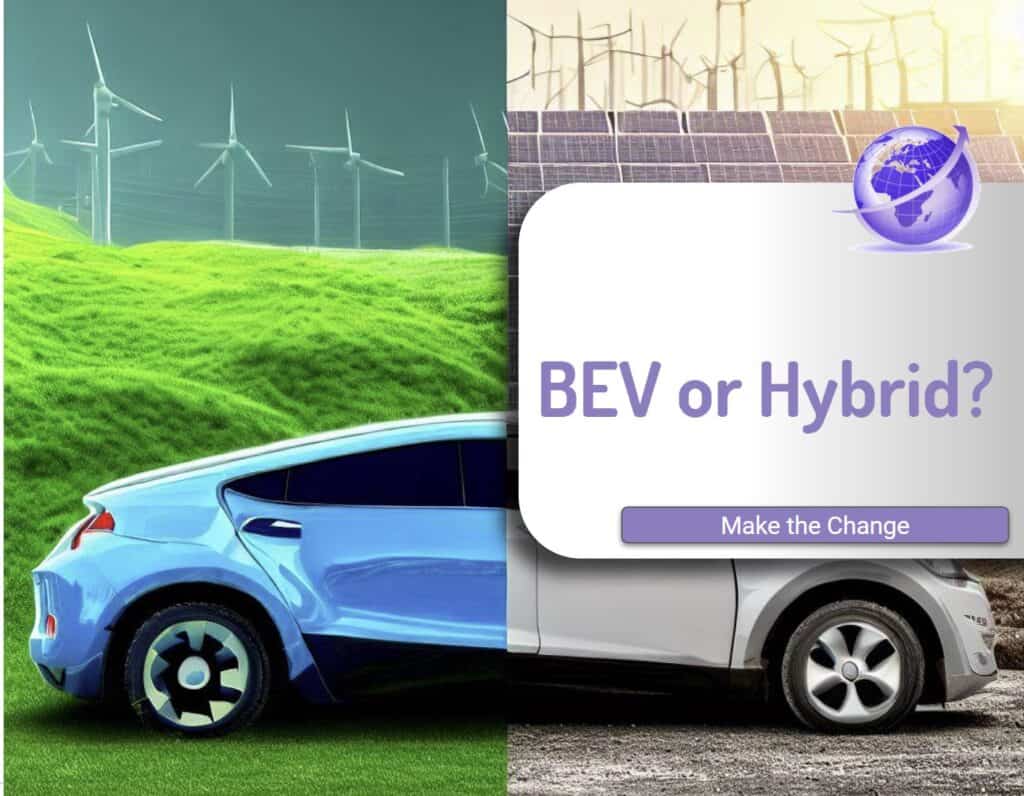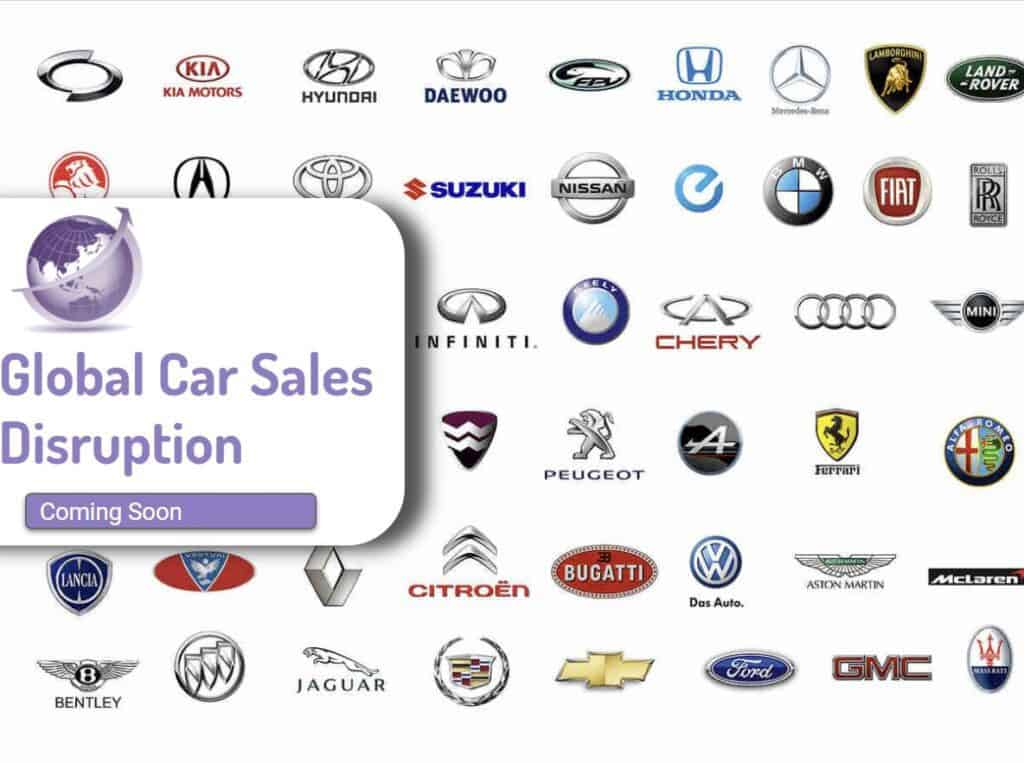Toyota is one company claiming the fully electric or hybrid vehicle argument should be in favour of hybrid now to increase global reduction of transport emission. They are at odds with the rapid change in fully electric vehicles as the data indicates rapid uptake of BEV. They widely propose hybrids are a better solution for decarbonisation.
In contrast, the CEO of Kia Australia was quoted as saying PHEV have no future but they won’t abandon them yet. He pointed out less than 800 PHEV were sold in May 2023 versus 8,100 BEV.
Toyota Dealer Reasoning for Fully Electric or Hybrid
- Critical minerals shortage – but capacity is building rapidly
- Charging infrastructure inadequate (There are more chargers than gas stations)
- Affordability. This is no longer true in many countries, and rapidly changing. E.g. BYD just announced a small SUV at just $US13,400 car
The Reality!
From Martin Viecha from Tesla IR @MartinViecha
- Less mining/extraction is needed in a renewable economy due to no fossil fuel extraction
- Your car is fully charged every morning, so fast charging needs are limited, yet widely available
- Model 3 costs ~$37.5k post EV credit which is cheaper than the average USA car.
What Toyota Sent to Dealers

The 1:6:90 Argument
Toyota claims that for 1 BEV they can produce 6 plug-in hybrids (PHEV) or 90 hybrids. However, the current constraint for BEV adoption is the rate of increasing manufacturing rate of electric vehicles. Lack of supply of batteries is not a factor for either Tesla or BYD – the top 2 manufacturers of BEVs.
Experts forecast a tighter supply of minerals by 2030. Most say this is not due to a substantial lack of lithium globally, but simply the rate of increase. Some minerals may need expansion by 10 to 20 times. The constraint is mostly refining. There is a rush as manufacturers and battery makers rush to supply the market of some 2.5TWh of batteries over the next decade.

6 Reasons Hybrids Fail Logic
- Hybrids still rely on a petrol or diesel engine as their primary means of propulsion, while electric vehicles run only on a battery and an electric motor.
- Hybrid vehicles have lower battery ranges than electric vehicles and although they could be as efficient in city driving conditions, most owners do not charge. Electric vehicles can cover as long a distance now as hybrids, with lower emissions on highways
- Hybrid vehicles have more complexity and weight. The combination of an electric motor, a battery and an internal combustion engine can be as heavy as the larger battery of a BEV
- Hybrid vehicles require fueling with gasoline and regular maintenance for the engine, while electric vehicles require charging and less maintenance for the battery.
- Hybrid vehicles have lower resale value than electric vehicles due to the depreciation of the engine and the battery, while electric vehicles have higher resale value due to the durability of the battery and the demand for zero-emission cars.
- Hybrid vehicles have less tax incentives and rebates than electric vehicles due to their higher emissions and lower efficiency, while electric vehicles have more tax incentives and rebates due to their environmental benefits.
Higher Emissions From Hybrids
BMW, Renault and Peugeot hybrids all emitted much more than standard lab tests had claimed (The Guardian ) on research by Austria’s Graz University of Technology.
Researchers found
- BMW’s 3 Series emitted 112g of carbon dioxide per kilometre, three times its official rating of 36g.
- Peugeot’s 308 polluted 20% more than its official rating of 27g
- Renault’s Megane was 70% above the official test of 30g.
A reasonable view is promoted by the RAC in UK, but already is dated with fully electric continuing to increase performance and decrease costs









